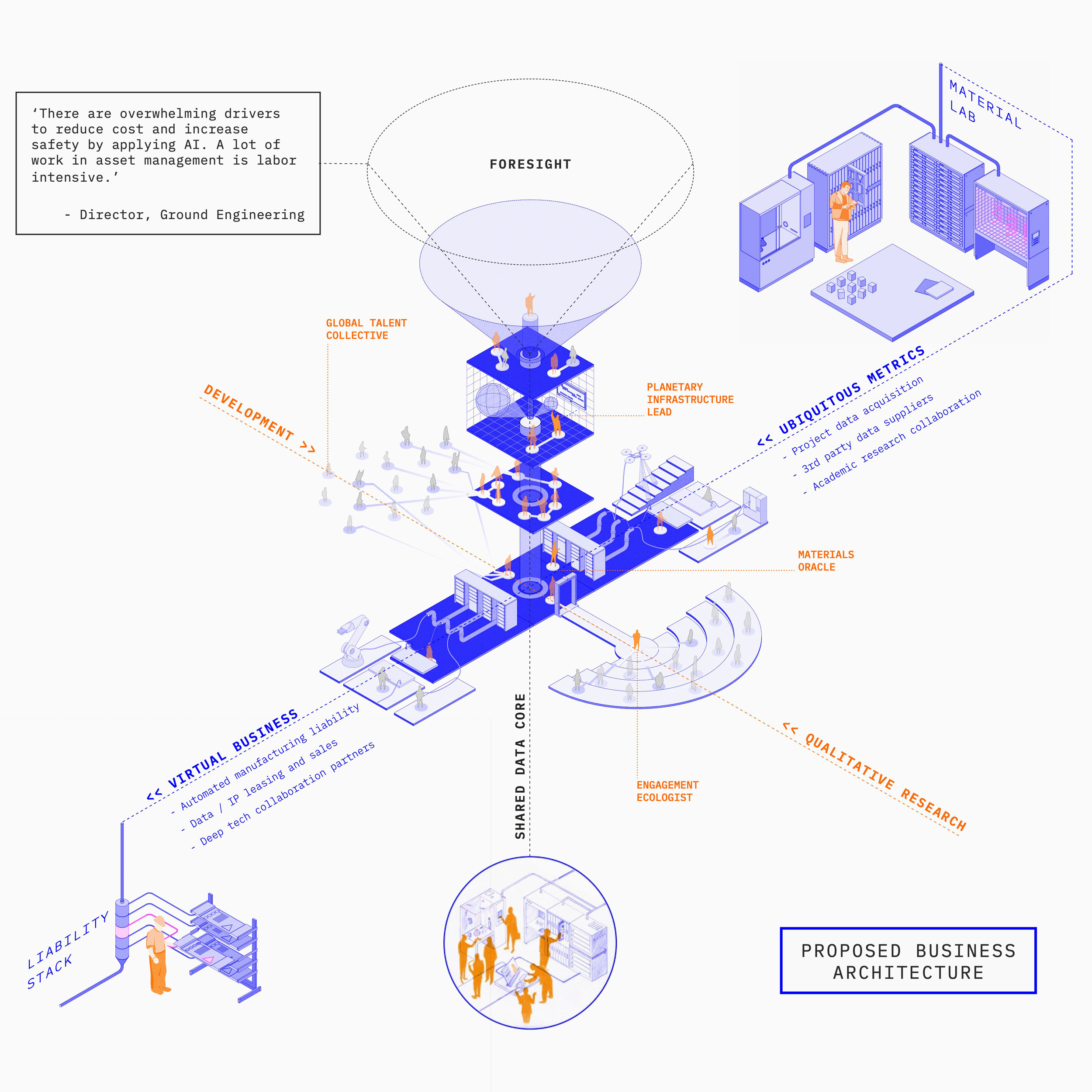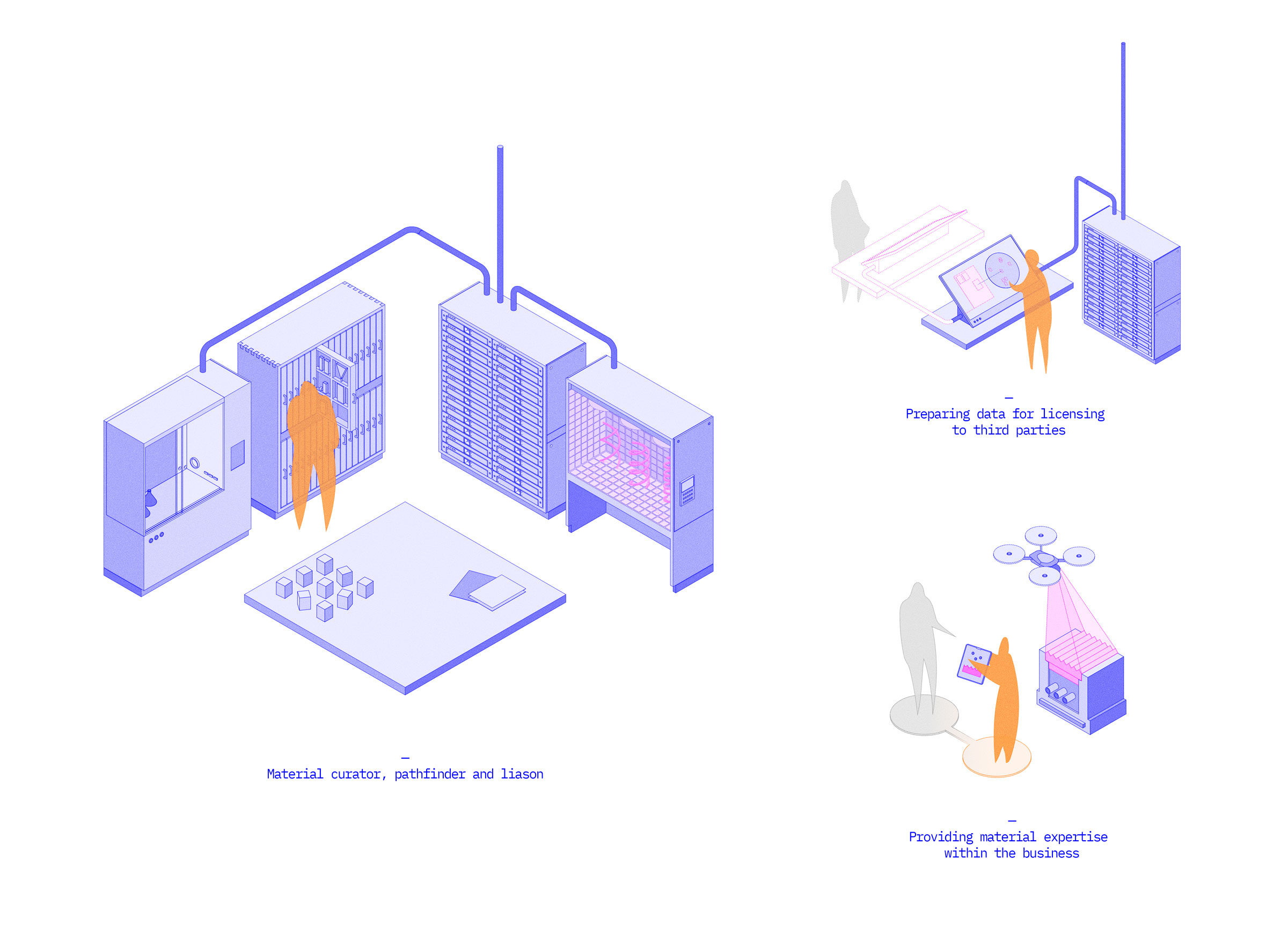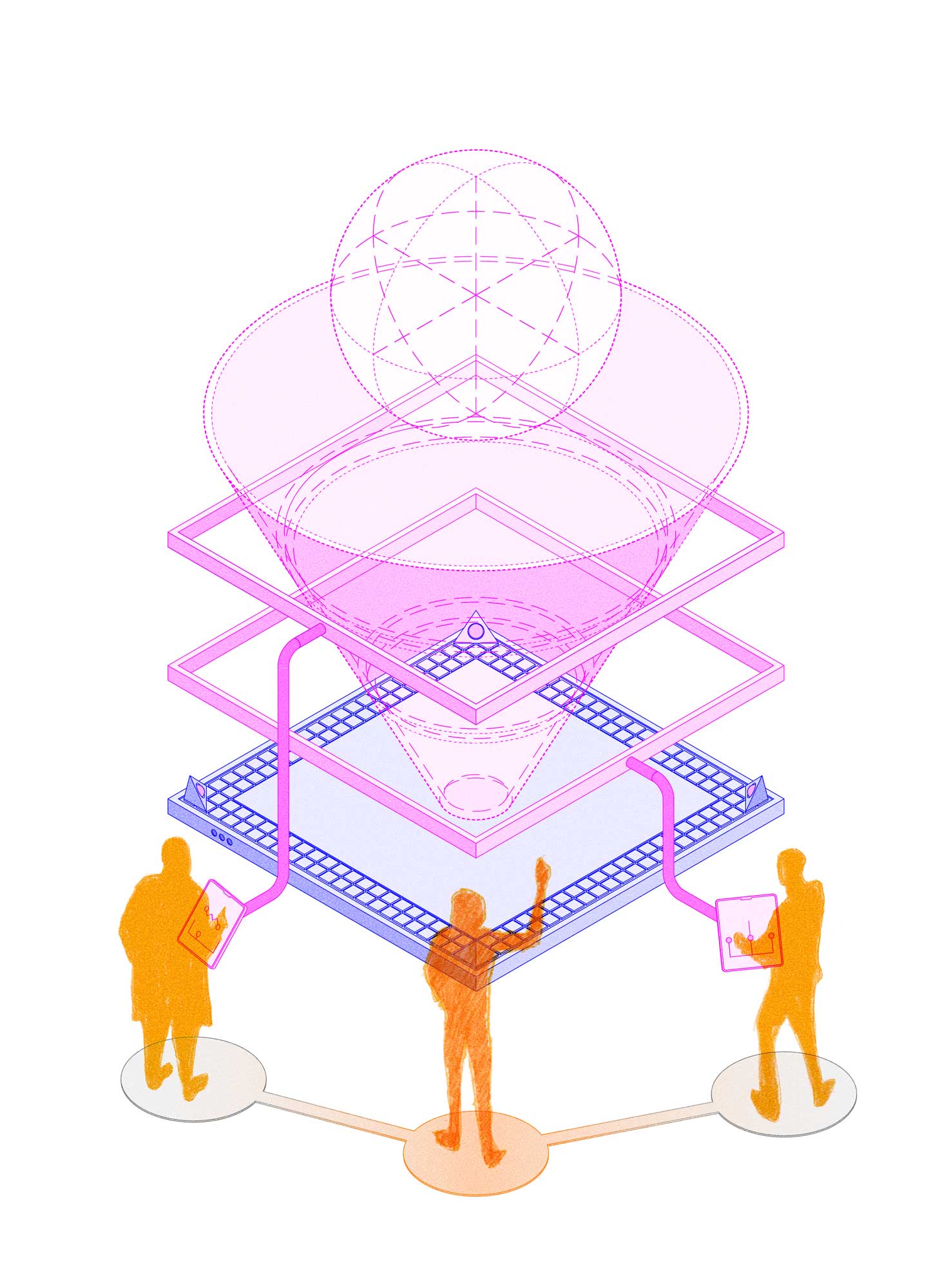How will workplaces and business practices need to adapt to the engineering jobs of the future?

Overview
This project presents a snapshot of future engineers in the 2030s, the key trends impacting the development of new talent pools and transforming workplace cultures. The scenarios detailed offer strategies for understanding the networked impacts of global technological and environmental developments on business recruitment and training models, with recommendations for turning emerging skills and ways of working into levers for business development.
I led the human-centred horizon scanning, stakeholder research interviews and sensemaking activities, providing signals and human insights that fed into the business architecture, personas and strategic recommendations developed in collaboration with academic partners at Imperial College London.
Info
Research & Insights
User Research
Strategic Foresight
Year
2018
Client
SNC-Lavalin
Collaboration
ICON - Imperial College London
Within the business architecture, the personae demonstrate various models of connected working. Critical thinking and collaboration are core to each role. The ability to deal with rapid technological change and to share expertise across the business (and beyond) are crucial.
Theory of Change
Approach
By constructing a future world and bringing to life the people within it, we were able to illustrate interactions between future skills and technologies at a human level.
One of the primary frameworks for delivering this was the theory of change. Assembling signals and insights from the various research streams into coherent driving forces, we identified how these could be turned into strategic levers for the business and the key actions by which the client could respond to them. We further worked with the client to map the short term effects and longer terms impacts these strategic interventions were likely to have for their organisation.
One of the primary frameworks for delivering this was the theory of change. Assembling signals and insights from the various research streams into coherent driving forces, we identified how these could be turned into strategic levers for the business and the key actions by which the client could respond to them. We further worked with the client to map the short term effects and longer terms impacts these strategic interventions were likely to have for their organisation.






